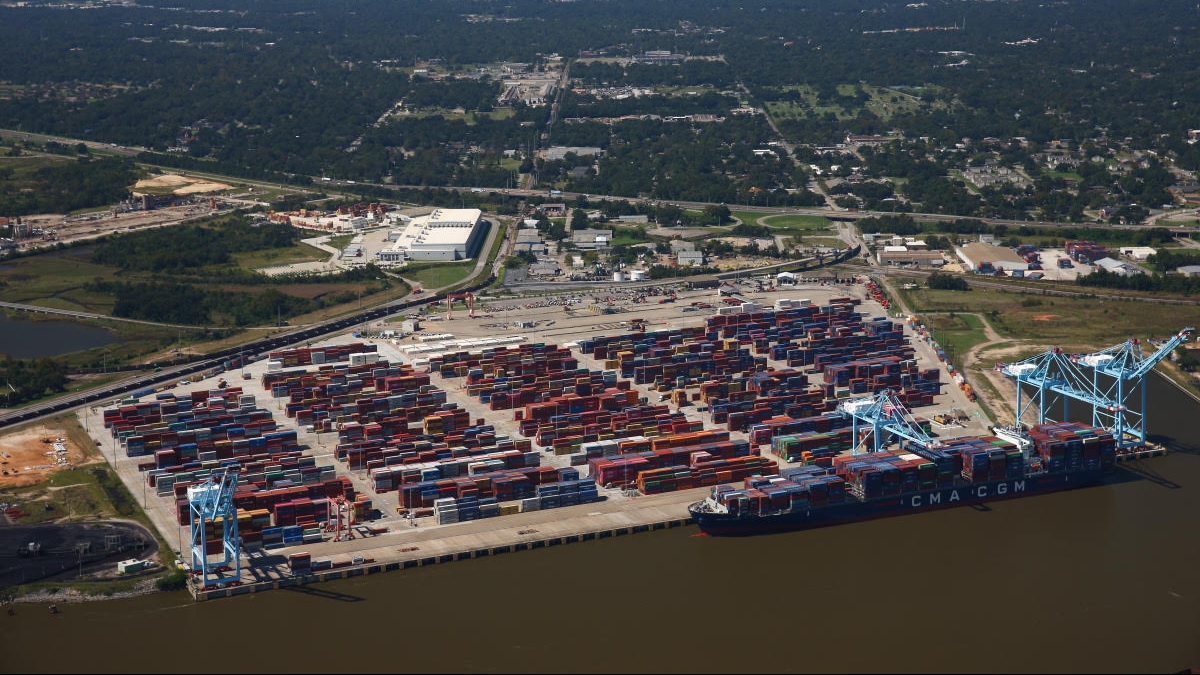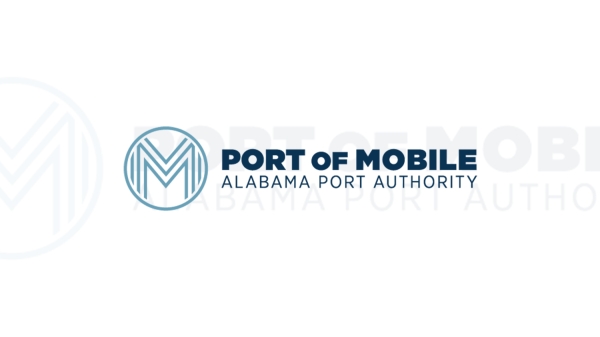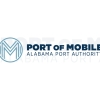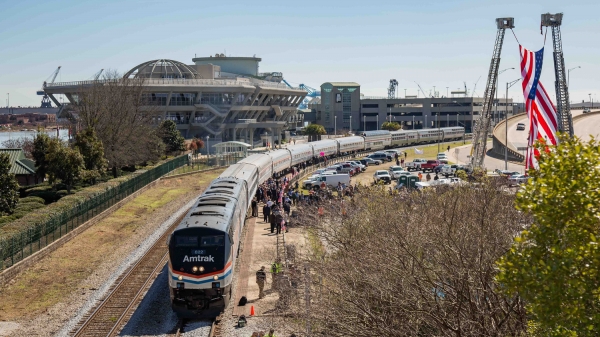While many seaports across the nation have struggled to meet demands due to the disruptions in maritime supply chains as a result of the COVID-19 pandemic, the Alabama State Port Authority has enjoyed a record year. But recently, questions have arisen about a bonus paid to its C.E.O. for membership in the Mobile Country Club.
The State Examiner of Public Accounts is currently investigating the employment contract of ASPA’s Director and Chief Executive Officer John Driscoll.
Driscoll has not been accused of wrongdoing, but questions have gathered around the authorization of two payments he received as a bonus in 2021.
Driscoll’s office immediately responded to a request by APR to clarify the events believed to have triggered the probe by the Examiner’s office.
“On March 15, 2022, our chief financial officer informed the director of the Port Authority that the Examiners of Public Accounts requested a copy of his employment agreement,” wrote Judith Adams, Vice President, Internal|External Affairs for ASPA. “We understand that the inquiry was based on questions the department had received. The chief financial officer provided a copy to the Examiner’s.”
At issue, as APR understands it, are two checks: One check for $41,045.00 and another check in the amount of $3,628.54. According to Adams, the payments were made as a bonus to pay for Driscoll’s membership in the Mobile Country Club.
According to Adams, the bonus was not part of Driscoll’s written employment agreement but was awarded to him after his performance appraisal was held in June 2021.
“At that appraisal, the chairman of the board informed Mr. Driscoll that he would receive a 4 percent increase in pay and a bonus,” Adams wrote. “The bonus was intended to cover cost of debenture and initiation fees required for membership in the Mobile Country Club.”
T. Bestor Ward III is ASPA’s Chairman of the Board and made the offer to Driscoll according to Adams’ written statement.
APR was informed that Ward made the offer to Driscoll without consulting ASPA’s Board of Directors.
When Driscoll’s office was initially asked if Ward made the move unilaterally, the answer seemed to be yes.
In an email, APR asked Driscoll, “While acting as C.E.O., has this payment to you been brought before the Board of the Authority?”
Answer: “Not that Mr. Driscoll was aware of,” said Adams.
The reply continued, “As noted, Mr. Driscoll learned of this issue on March 15 when the State’s Examiners inquired about his compensation. That day, the chief financial officer advised him that the board of directors did not complete a process to authorize the payment.”
The statements made by Driscoll’s office are consistent with other sources who spoke to APR but were not authorized to speak publicly.
However, in a follow-up email, Adams claimed that ASPA’s Board of Directors was informed of the raise and bonus.
“I failed to advise you on one thing I had in my notes on your questions. In who authorized the payment to Mr. Driscoll,” Adams wrote. “[P]lease be advised, the chairman did not unilaterally decide on the payment. He directed the chief financial officer after consultation with the board leadership. This was my oversight, and as written, I need to clarify that statement. Sorry for the confusion.”
APR sent Ward repeated requests for comment specifically when he informed board members and which ones were part of the initial decision.
There appears to be some concern still arising from the Examiner’s inquiry as Driscoll repaid the bonus after being informed of the probe.
“The next day, Mr. Driscoll arranged his personal finances to cover repayment of the net amount received, and on March 18, he issued a personal check to refund the Port Authority,” according to Adam’s email.





















































